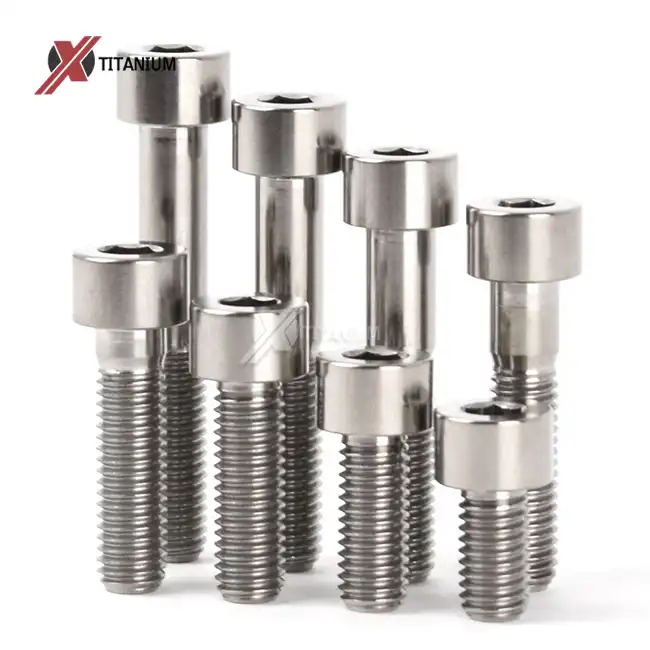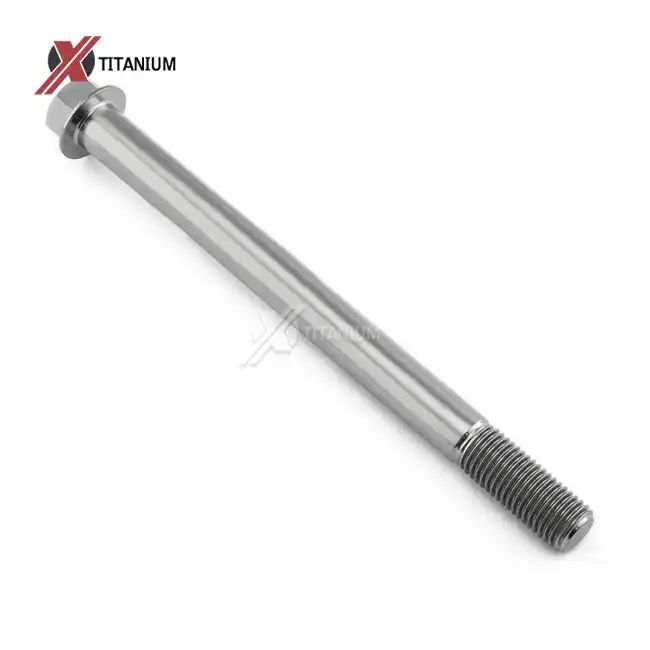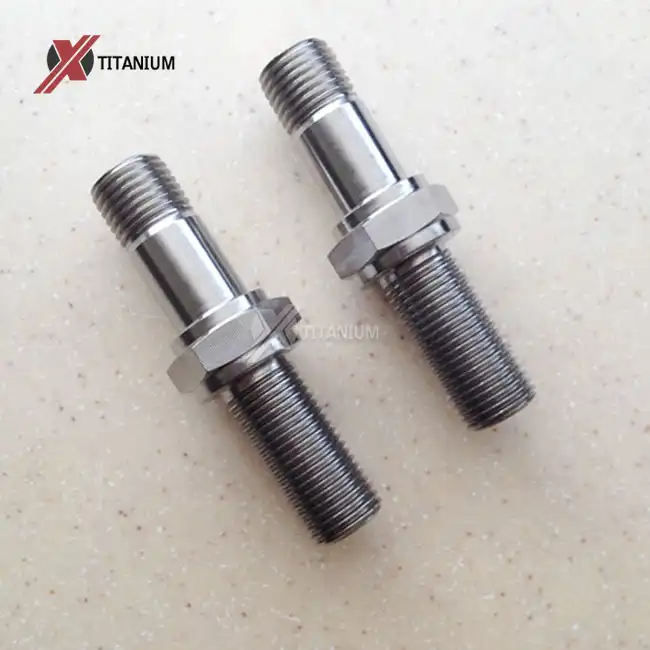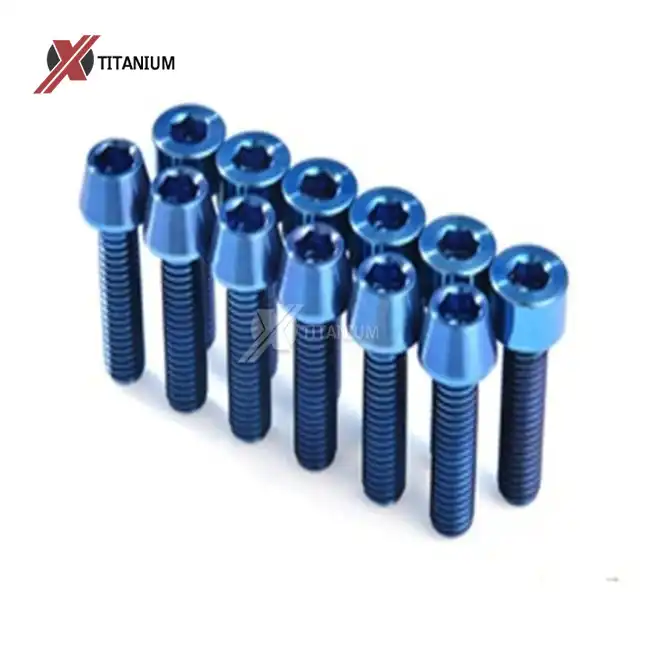- English
- French
- German
- Portuguese
- Spanish
- Russian
- Japanese
- Korean
- Arabic
- Greek
- German
- Turkish
- Italian
- Danish
- Romanian
- Indonesian
- Czech
- Afrikaans
- Swedish
- Polish
- Basque
- Catalan
- Esperanto
- Hindi
- Lao
- Albanian
- Amharic
- Armenian
- Azerbaijani
- Belarusian
- Bengali
- Bosnian
- Bulgarian
- Cebuano
- Chichewa
- Corsican
- Croatian
- Dutch
- Estonian
- Filipino
- Finnish
- Frisian
- Galician
- Georgian
- Gujarati
- Haitian
- Hausa
- Hawaiian
- Hebrew
- Hmong
- Hungarian
- Icelandic
- Igbo
- Javanese
- Kannada
- Kazakh
- Khmer
- Kurdish
- Kyrgyz
- Latin
- Latvian
- Lithuanian
- Luxembou..
- Macedonian
- Malagasy
- Malay
- Malayalam
- Maltese
- Maori
- Marathi
- Mongolian
- Burmese
- Nepali
- Norwegian
- Pashto
- Persian
- Punjabi
- Serbian
- Sesotho
- Sinhala
- Slovak
- Slovenian
- Somali
- Samoan
- Scots Gaelic
- Shona
- Sindhi
- Sundanese
- Swahili
- Tajik
- Tamil
- Telugu
- Thai
- Ukrainian
- Urdu
- Uzbek
- Vietnamese
- Welsh
- Xhosa
- Yiddish
- Yoruba
- Zulu
Why Is the Titanium Square Head Bolt Considered the Best Option for Corrosive and High-Stress Applications?
In industries where performance, longevity, and reliability matter most, the smallest components can make the biggest difference. One such unsung hero is the titanium square head bolt — a high-performance fastener engineered for extreme conditions. But what makes it so exceptional? In this comprehensive blog, we’ll explore why titanium square head bolts outperform conventional alternatives in corrosive and high-stress environments, what industries benefit most from their use, and how their unique design contributes to safety and structural integrity.
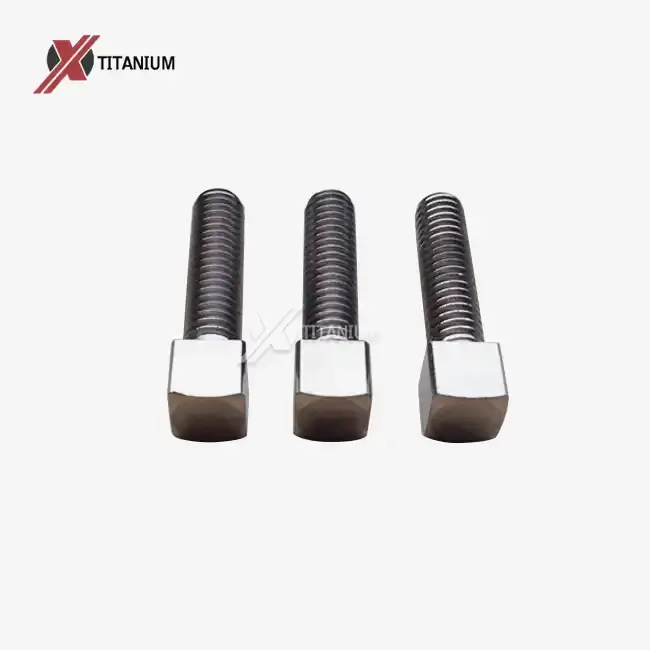
What Makes Titanium Square Head Bolts Superior to Other Bolt Types?
Material Advantage: Titanium’s Unique Properties
Titanium is renowned for its extraordinary combination of properties. While lightweight, it rivals steel in strength and far surpasses stainless steel in corrosion resistance. Square head bolts, by design, offer greater surface contact during installation, leading to better torque control and increased stability under load. When you combine this design with titanium, you get a bolt that not only holds firm under pressure but also resists the elements better than almost any other material.
Strength-to-Weight Ratio
Grade 5 titanium (Ti-6Al-4V), the most commonly used alloy for bolts, offers a tensile strength of around 950 MPa while weighing roughly 45% less than steel. This unmatched strength-to-weight ratio is a key reason for its widespread adoption in industries such as aerospace, motorsports, and deep-sea engineering, where every gram counts.
Corrosion Resistance in Challenging Environments
Unlike steel bolts that are susceptible to rust and stainless steels that may corrode under chloride exposure, titanium forms a passive oxide layer that protects it against corrosion. This self-healing layer is highly resistant to seawater, chlorine, and acidic environments — making titanium square head bolts an ideal choice for marine, offshore, and chemical processing industries.
Where Are Titanium Square Head Bolts Most Commonly Used?
Aerospace Industry: Performance at Altitude
Weight reduction is critical in aviation, and every part must perform under high temperature, vibration, and stress. Titanium square head bolts are widely used to assemble engine parts, airframes, and fuel systems due to their high strength and low mass. Their corrosion resistance also ensures longevity even when exposed to the variable atmospheric conditions encountered in flight.
Marine Engineering: Surviving Saltwater
From submarines and ships to oil rigs and deep-sea research vessels, marine applications expose fasteners to some of the harshest environmental conditions. Titanium’s natural resistance to saltwater corrosion ensures long service life and reduces the frequency of maintenance, making square head bolts a staple in naval and maritime equipment.
Chemical and Petrochemical Plants
Titanium square head bolts are essential in environments where acidic, alkaline, or chlorinated compounds are present. In reactors, pipe flanges, and pressure vessels, these bolts offer exceptional chemical stability that ensures safe, long-term operation.
Medical Equipment and Implants
While square head bolts are not typical in human implants, the medical field uses titanium’s biocompatibility for surgical instruments, prosthetics, and orthopedic devices. Square head designs are preferred in external fixtures or customized lab equipment due to their ease of manual operation and structural support.
Motorsport and Performance Automotive
Race cars and high-performance vehicles benefit immensely from titanium’s low weight and high tensile strength. Square head bolts, with their distinctive shape and load-bearing capacity, are ideal for engine assemblies, suspension components, and chassis parts where reliability is crucial at high speeds.
How Does the Square Head Design Improve Bolt Functionality?
Better Grip and Manual Handling
Unlike hex or round bolts, square heads provide larger flat surfaces that make gripping with tools easier. This is especially useful in confined spaces or applications where automation is limited. The wider contact area allows for better torque application and reduces the chance of stripping or damaging the head.
Prevention of Bolt Rotation
Square head bolts are often used in tandem with square holes or channels. This anti-rotation property is particularly useful in wood or structural assemblies where a single-sided installation is required. The design prevents spinning during tightening and ensures a secure fit, especially under load or vibration.
Enhanced Torque Transmission
Because of the larger surface area and defined edges, square head bolts transmit torque more effectively than round or hex bolts. This reduces wear on both the tool and the fastener and ensures tighter assemblies — a key advantage in applications requiring high precision and safety.
Aesthetic and Practical Design
In architectural and artistic metalwork, titanium square head bolts are sometimes chosen for their distinct, industrial look. Their clean edges and unique finish add aesthetic value without compromising performance, particularly in sustainable architecture or exposed structural elements.
Why Is Titanium a Long-Term Cost-Saving Investment?
Reduced Maintenance Costs
While titanium square head bolts have a higher initial cost than steel or aluminum fasteners, their longevity often offsets this investment. Frequent replacements, maintenance shutdowns, or structural failures due to corroded bolts can be far more expensive than the one-time cost of high-quality titanium hardware.
Fewer Replacements in Corrosive Environments
In marine and chemical applications, non-titanium bolts may require replacement every few years — or even sooner. Titanium, however, can last for decades without significant degradation, especially when installed correctly. This leads to substantial savings in materials, labor, and operational downtime.
Weight Savings in Fuel-Efficient Designs
In aerospace and motorsport, weight is directly tied to fuel consumption. Even small savings on fasteners can have ripple effects on fuel efficiency and performance. Titanium square head bolts allow engineers to achieve weight reduction without sacrificing mechanical strength.
Conclusion
Titanium square head bolts are more than just industrial fasteners — they are mission-critical components that enable engineering achievements in some of the world’s most demanding environments. Their unique combination of light weight, exceptional strength, and unrivaled corrosion resistance makes them a preferred choice across a spectrum of high-performance applications.
From the ocean floor to the sky and everywhere in between, titanium square head bolts provide peace of mind where safety, performance, and durability are non-negotiable. As technologies advance and environments grow harsher, the demand for such dependable fasteners is only expected to rise.
References
Smith, J.R. (2021). "Advanced Materials in Aerospace: The Role of Pure Titanium". Journal of Aerospace Engineering, 45(3), 234-248.
Johnson, A.M. & Williams, P.K. (2020). "Biocompatibility of Titanium in Medical Implants: A Comprehensive Review". Biomaterials Science, 8(12), 3301-3320.
Chen, Y., et al. (2019). "Corrosion Behavior of Pure Titanium in Marine Environments". Corrosion Science, 152, 120-133.
Patel, R.N. & Thompson, L.E. (2022). "Manufacturing Processes for High-Quality Titanium Plates". Advanced Materials Processing, 180(5), 45-58.
Garcia, M.S., et al. (2023). "Applications of Pure Titanium in Sustainable Architecture". Architectural Engineering and Design Management, 19(2), 178-195.
Learn about our latest products and discounts through SMS or email
